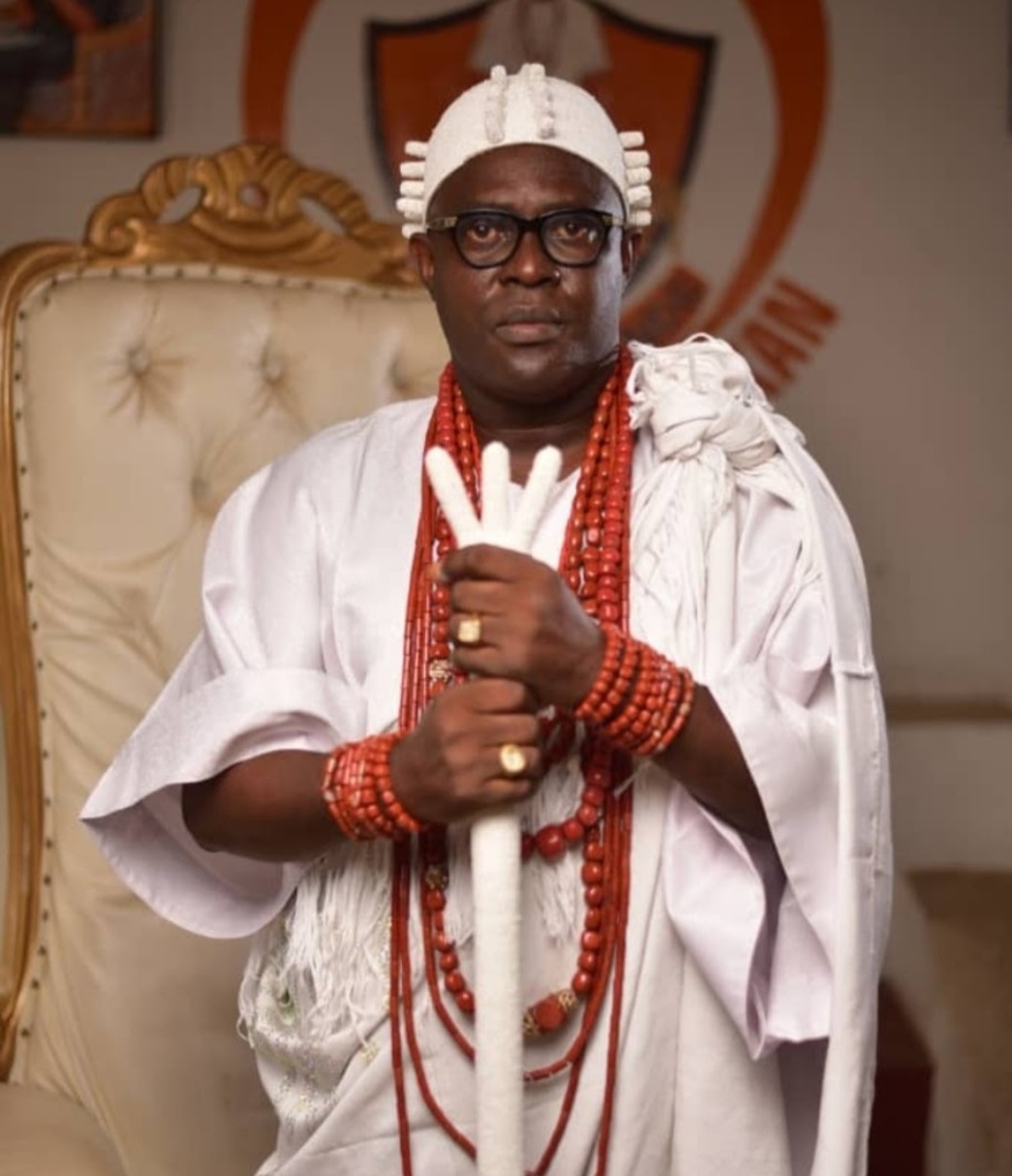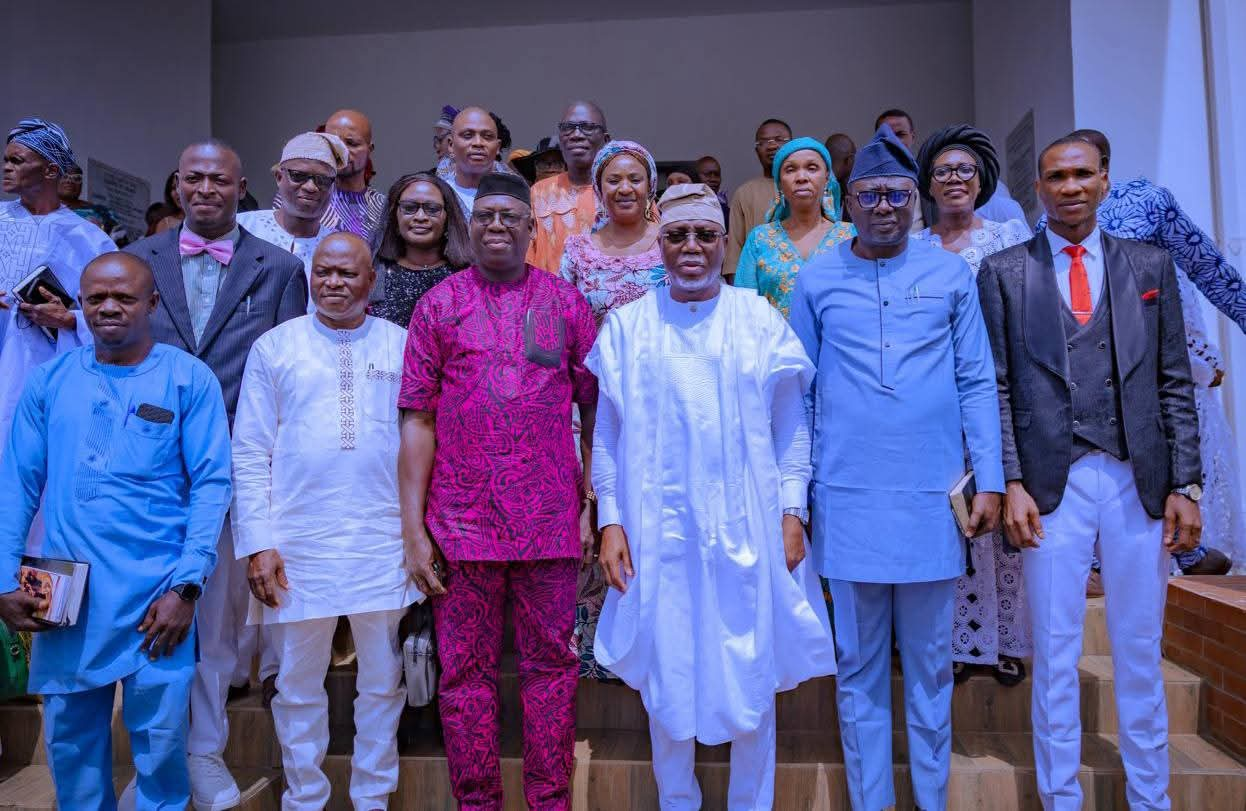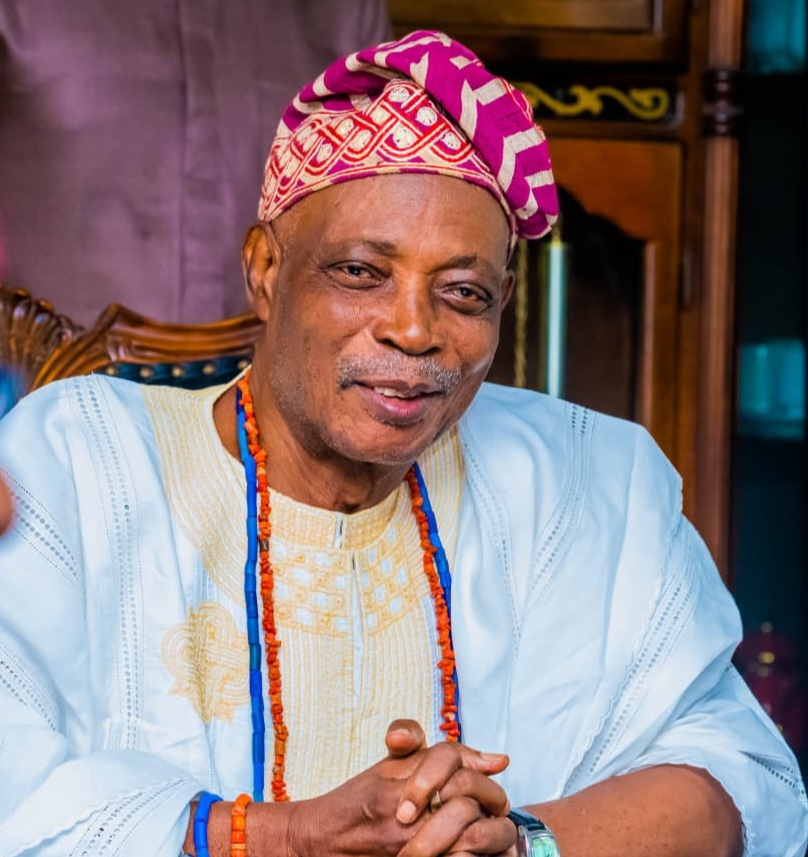
Nestled in the vibrant cultural landscape of Ondo State, the Isinkan Kingdom located within Akure South Local Government Area stands as a proud embodiment of Yoruba heritage, traditional governance, and time-honoured customs. Central to its ancient administrative rhythm is a unique monthly observance: the revered traditions of Ajo and Ijo, which govern how the monarch and his chiefs interact in a sacred, structured, and symbolic cycle.
Long before colonial powers redrew the map, Isinkan was a flourishing city-state with its own monarch, chieftaincy council, religious systems, and trade networks. The Iralepo, king of Isinkan, is not only a political authority but also the spiritual head and cultural symbol of the people.
Despite modern attempts to subsume its identity under broader governmental structures, Isinkan has preserved its distinct traditions with remarkable resilience. This determination is perhaps best seen in the practices of Ajo and Ijo, which remain the pillars of local governance.
On the last day of each month, Isinkan observes the sacred Ajo a day when no chief is allowed to visit or see the Iralepo. This exclusive meeting, led by the High Chief Olisa (the king’s second-in-command), serves as a grassroots council where chiefs gather to discuss issues affecting the community from development plans and youth affairs to economic strategies and local administration.
Ajo meetings rotate among the chiefs, ensuring that each quarter of the kingdom is actively engaged and represented. For instance, in July 2025, the Olu Aladodo of Isinkan, Olu Ayodeji Fatoki, hosted the gathering in the Aladodo community. The occasion combined serious deliberations with traditional music, cultural displays, and communal bonding.
However, tradition forbids any chief from visiting the Iralepo’s palace on the same day, no matter the urgency. This rule stands firm eleven months a year, with only December as an exception—underscoring a sacred boundary between the deliberative and executive arms of the traditional structure.
Come the first day of the new month, a new dynamic takes over as the Ijo assembly convenes at the Iralepo’s palace, Ita-Owa. If Ajo is the legislative forum of chiefs, Ijo is the executive chamber, where decisions are presented to the monarch for review, ratification, and further direction.
Here, the Iralepo, seated in council, deliberates on matters such as security, conflict resolution, communal projects, and cultural values. In this way, grassroots insights from Ajo are officially integrated into the broader framework of the kingdom’s governance.
Far from mere ceremony, Ajo and Ijo form a time-tested political system reflecting Yoruba wisdom balancing hierarchy with consultation, and reverence with responsiveness.
In a time when indigenous institutions are often neglected, Isinkan Kingdom stands as a beacon demonstrating how tradition can not only survive but thrive. It offers a powerful model of cultural relevance and efficient leadership that remains deeply rooted yet forward-facing.
Isinkan is not simply remembering its past; it is living it boldly, wisely, and in tune with its people’s evolving needs..






